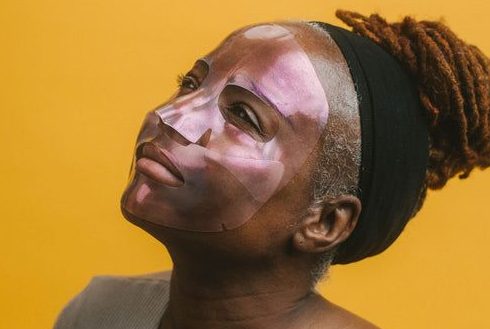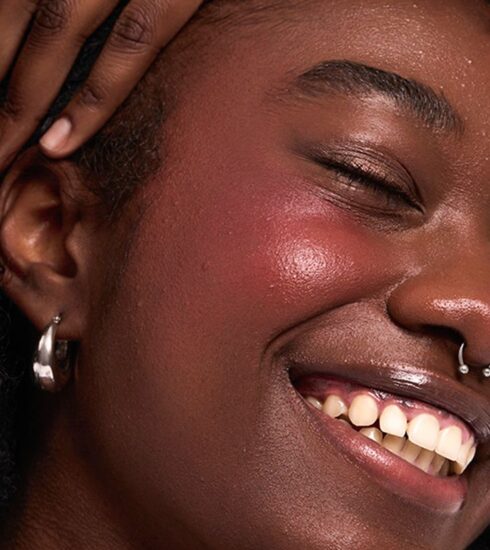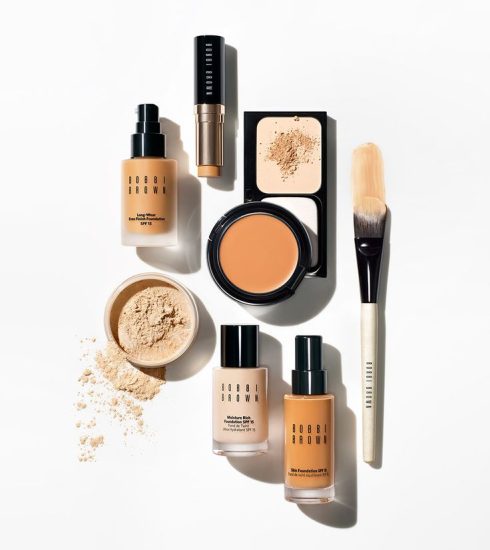The Power Of Aromatherapy: How Essential Oils Can Benefit Your Skin And Mind
Aromatherapy has been in existence for years, and it is still gaining popularity today. It involves the use of essential oils for therapeutic benefits. The scent in the essential oils moves from the olfactory nerves to the brain when inhaled. The smell helps impact the amygdala, the brain’s emotional centre. The skin can also absorb essential oils. Adding a drop or two of Wintergreen to oil can help relax tight muscles during a rundown. You can also create a soothing soak by adding lavender to bath salts.
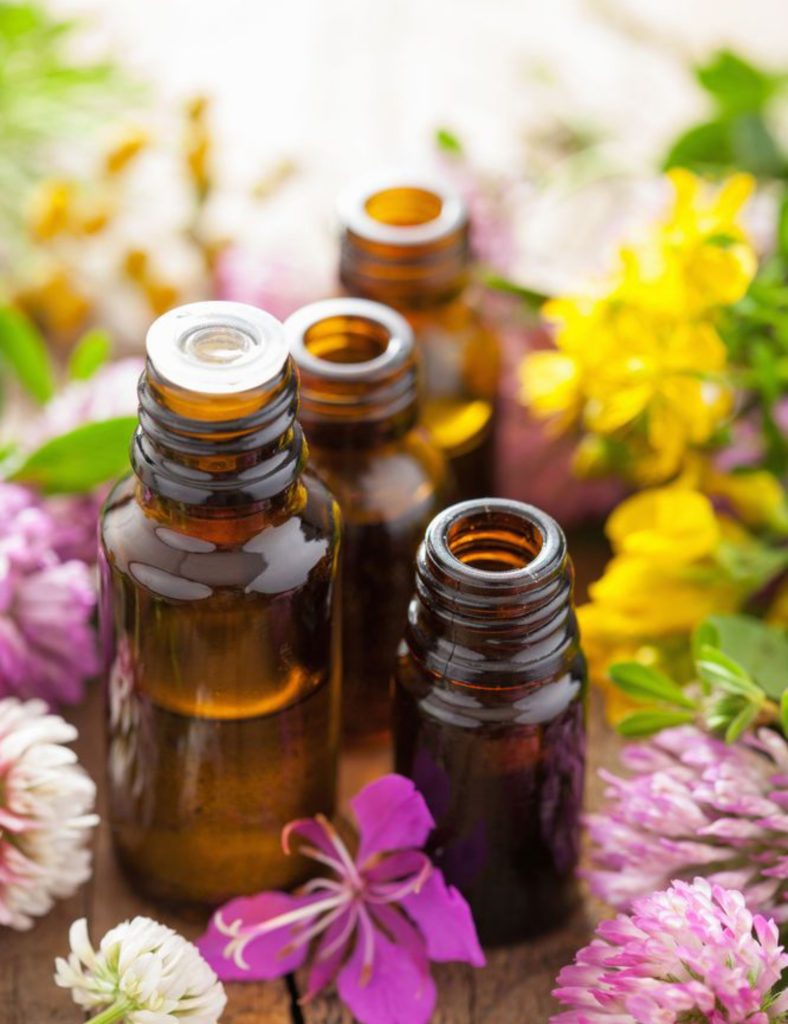
Essential oils play a significant role in skin care, from providing hydration and nourishment to reducing inflammation and even improving the appearance of acne, scars, and wrinkles. If you safely use them, essential oils can positively impact your mental and skin health. Incorporating essential oils into your skincare routine will help achieve healthy and radiant skin without relying on harsh chemicals or artificial ingredients.
HOW CAN YOU USE ESSENTIAL OILS SAFELY?
There are different quality essential oils in the market today. We have the pure and undiluted ones, and there are ones that are diluted with less expensive ingredients. And since there is nonregulation, the product’s label may not list everything used to produce the oil you buy. That’s why it’s unsafe to ingest essential oils. It’s also advisable not to use essential oil diffusers or small household appliances that create scented vapour. Diffusion in a public area or household with different people can affect them differently. Below, we list some of the safest ways to use essential oils.
(1) AROMATHERAPY ACCESSORIES
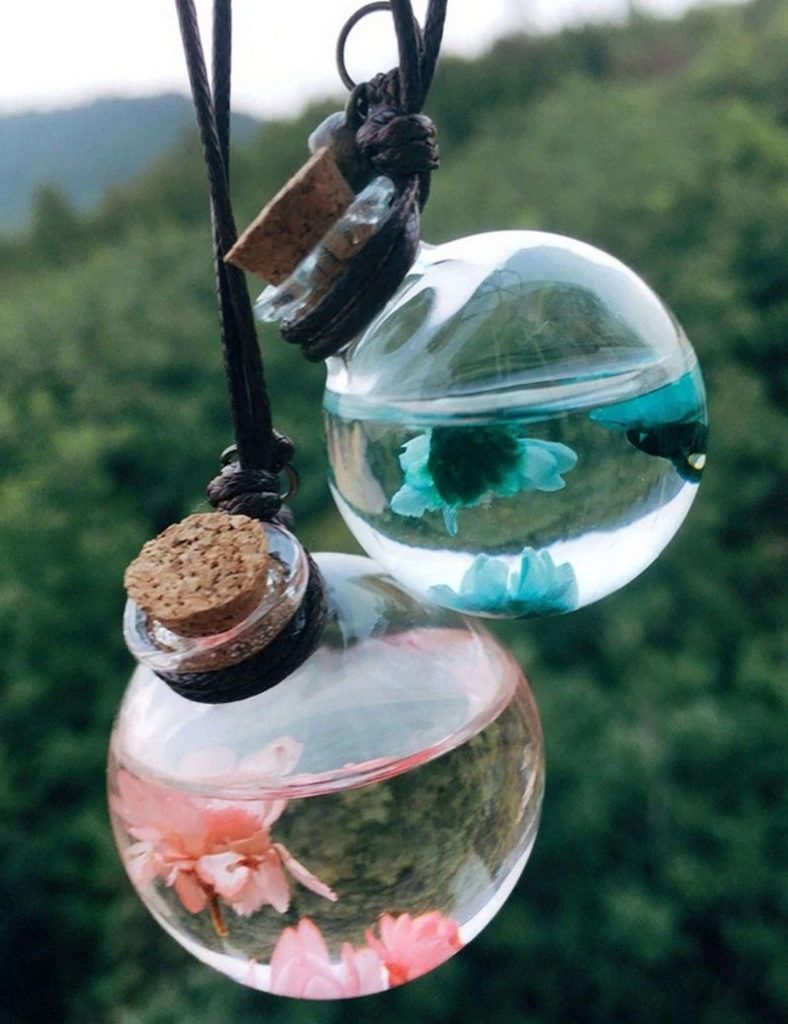
You can apply essential oils to your necklaces, bracelets, and keychains made with absorbent materials so that you can sniff them throughout the day.
(2) BODY OIL
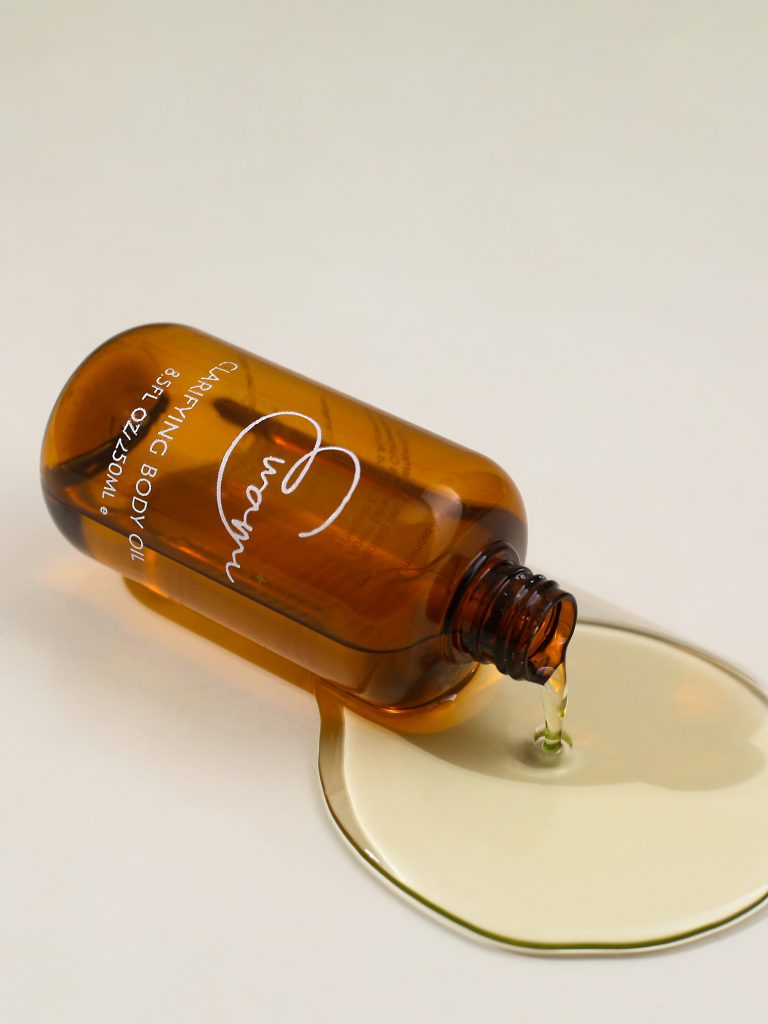
Essential oils are highly concentrated, and they can cause irritation. When applying them directly to your skin, diluting them in carrier oil is the best way to avoid a bad reaction. Mix your essential oils with carrier oils such as olive, jojoba, or coconut oil. Having done that, you can then massage them into your skin.
(3) AROMA STICK
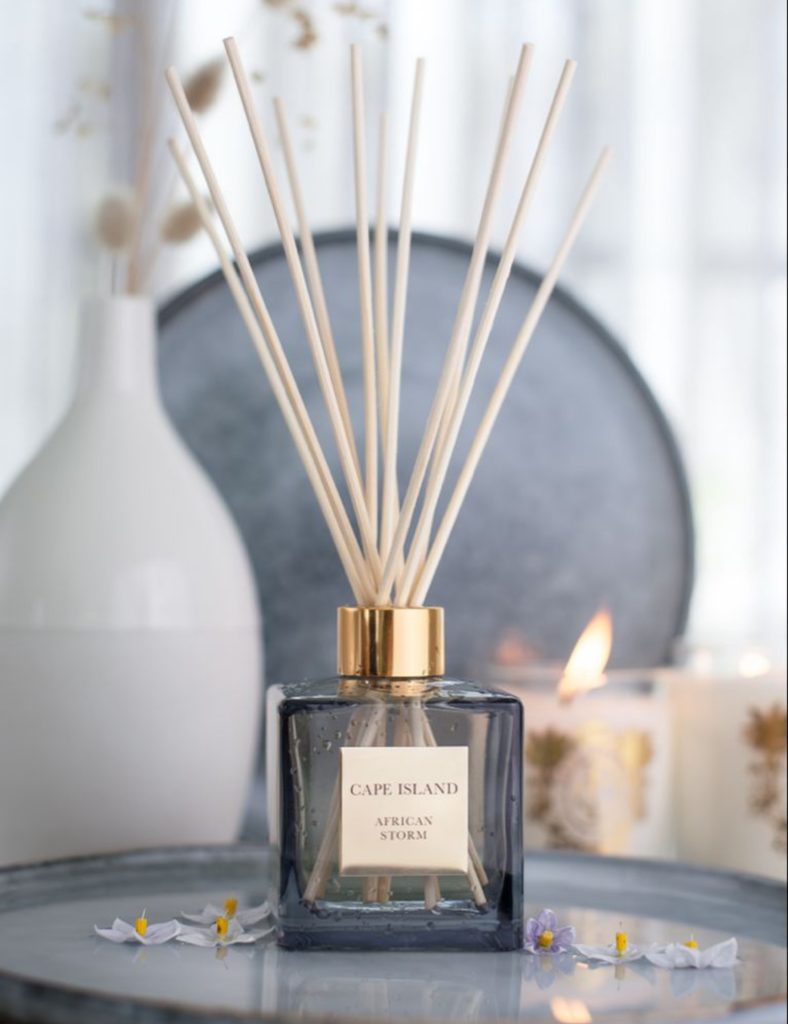
Aroma sticks can also be referred to as essential oil inhalers. They have an absorbent wick to soak up the essential oil. Aroma sticks come with a cover to keep the scent intact until ready.
WHICH ESSENTIAL OILS ARE BEST?
There are different essential oils, each with unique fragrances and chemical makeups. The best essential oils depend on what symptoms you want to ease or what fragrances you prefer. Some of the most popular essential oils include:
(1) LAVENDER OIL
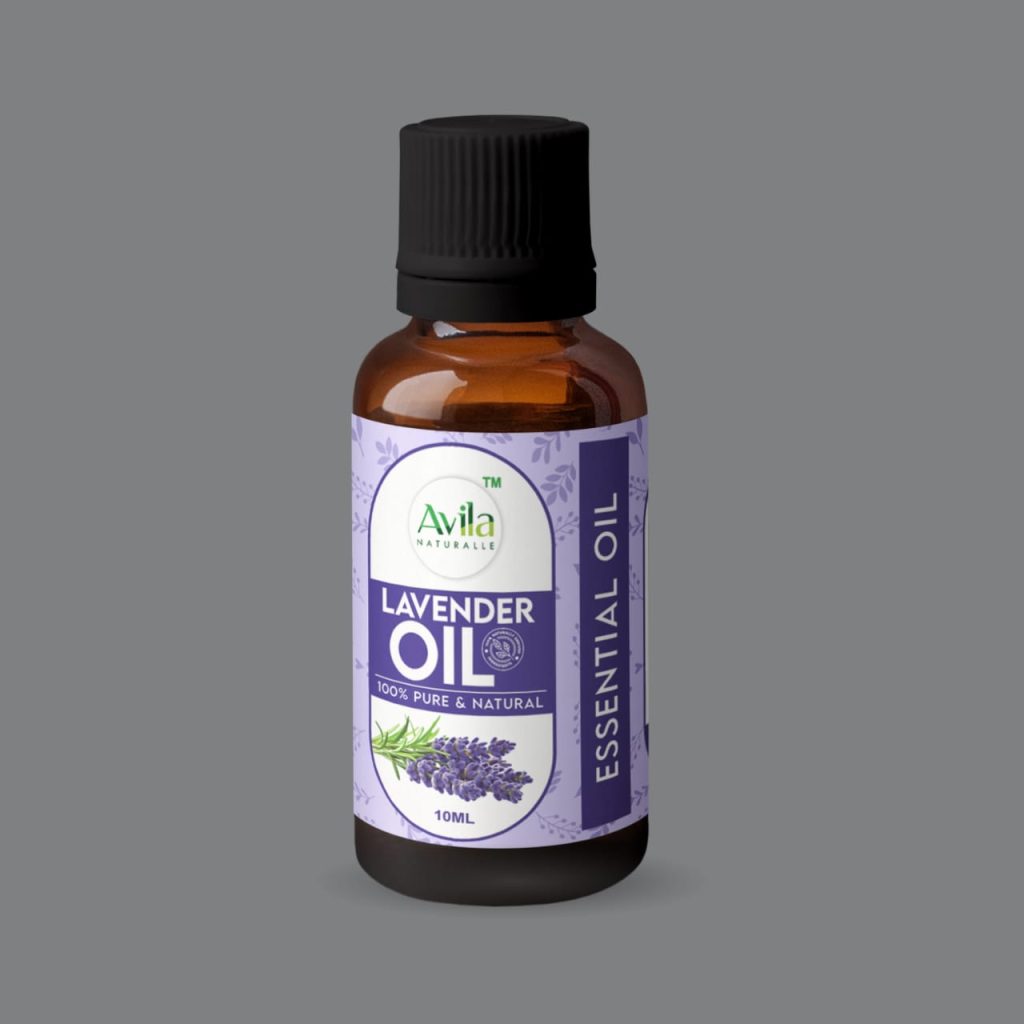
Many people can testify to the relaxing facial effect of lavender scent. Lavender oils are often used to relieve stress and anxiety. They also help to promote good sleep.
(2) TEA TREE OIL
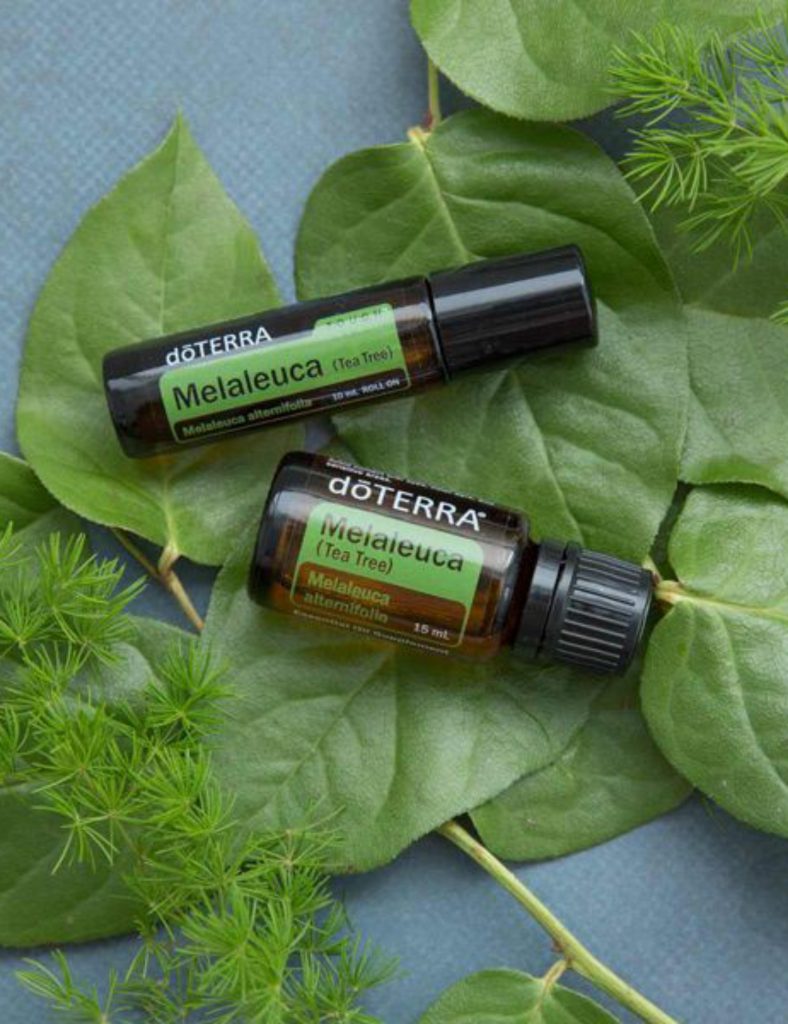
Australia’s aboriginal people used tea tree oil, also called Melaleuca, for wound healing. Tea tree oils are used for acne, athlete’s foot, and insect bites today.
(3) PEPPERMINT OIL
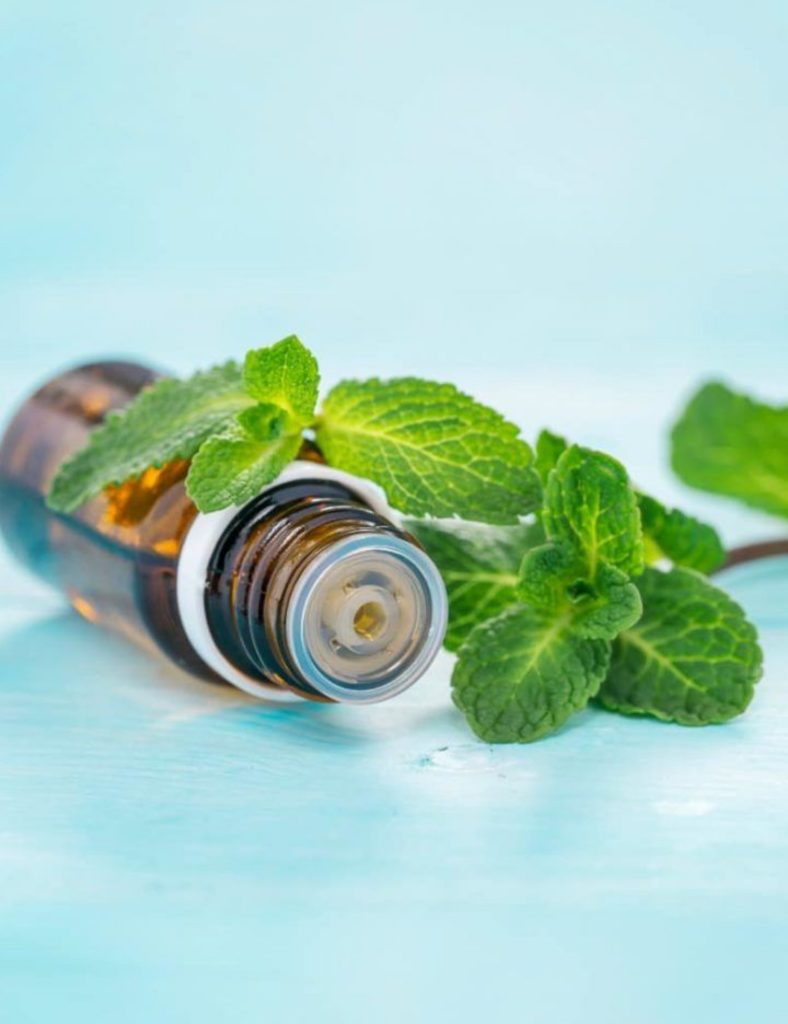
Scientific reports have shown that peppermint oils help to relieve Irritable Bowel Syndrome (IBS) symptoms when taken in an enteric-coated capsule (from a trusted health supplement provider). They also help relieve tension headaches when applied topically.
(4) LEMON OIL
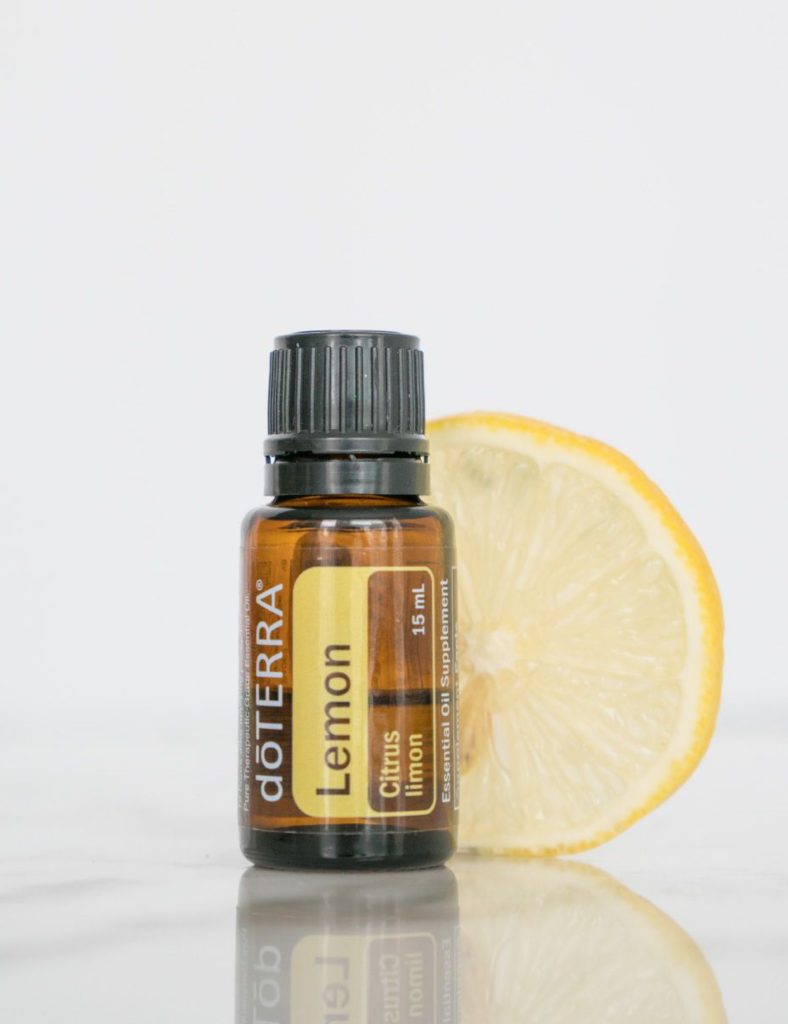
Many people find the citrusy scent of lemon oil a mood booster. Lemon oils are also used in homemade cleaning products.
HOW TO FIND QUALITY ESSENTIAL OILS
The most important thing to consider when shopping for essential oils is the product quality. Many companies market their essential oils as “therapeutic grade”, whereas they are not. Many use the word as a marketing term. However, figuring out which oils are the best is challenging since there is no grading system or certification for essential oils. Below are some tips to help you shop for pure essential oils.
(1) LOOK AT THE LABEL
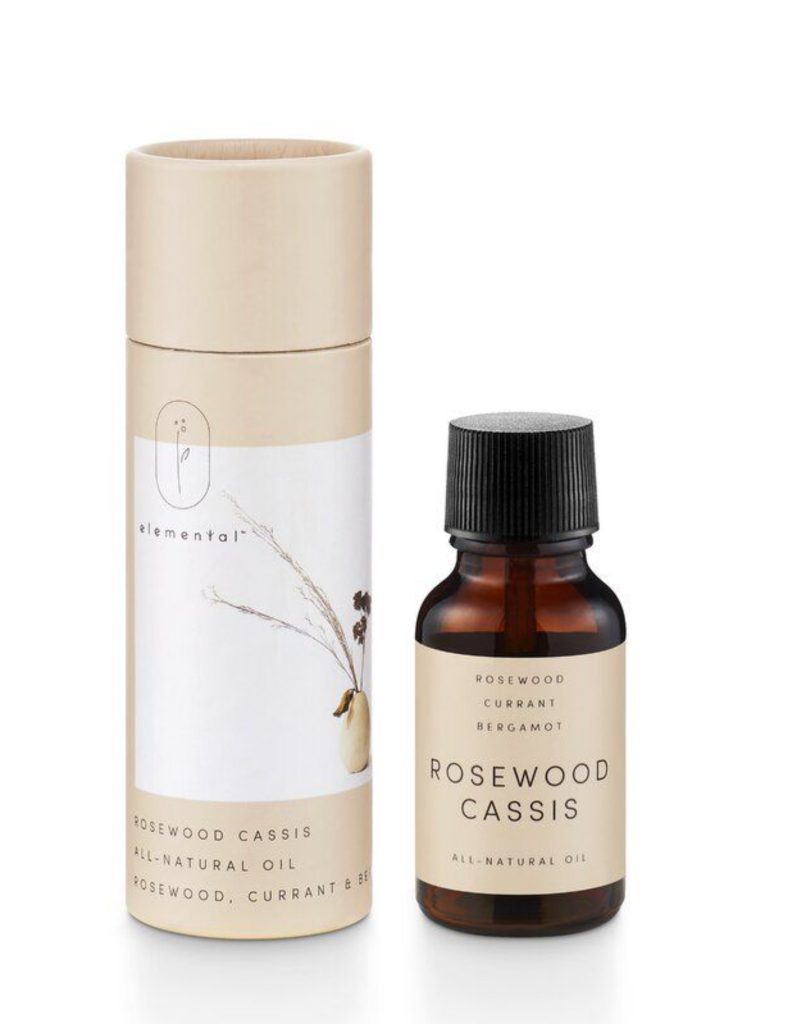
The label lets you know if an essential oil is pure. A good essential oil must include the Latin name of the plant used to produce the oil, and the label must include information on purity or other ingredients added to the oil production and, most importantly, the country in which the plant was grown.
(2) EVALUATE THE COMPANY
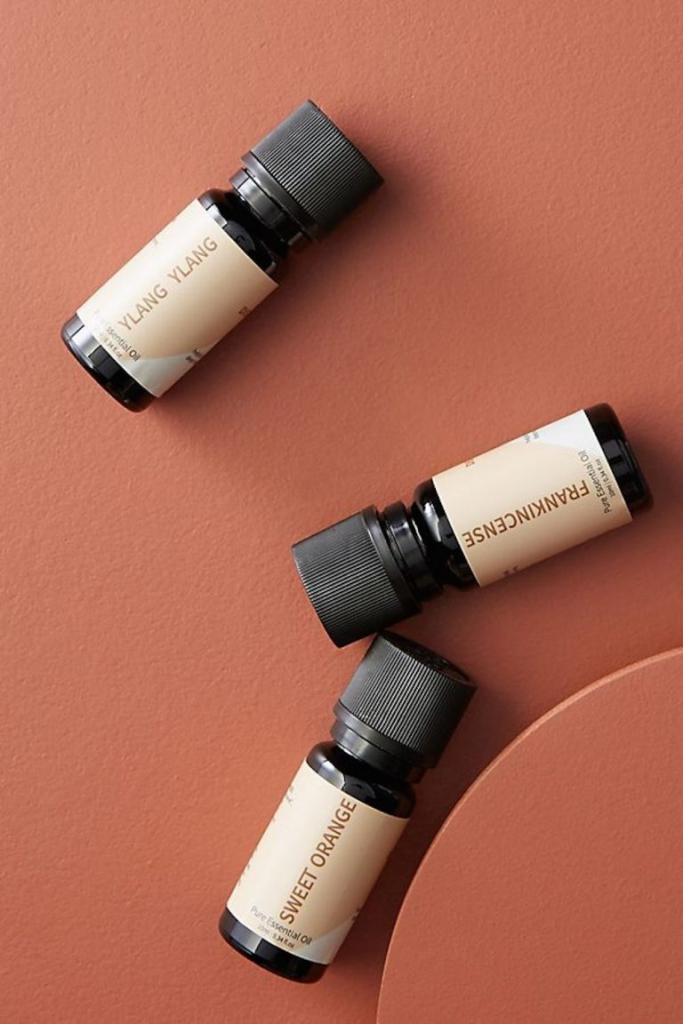
Purchase products from a reputable and popular aromatherapy company that has been in existence for long.
(3) CHOOSE DARKCOLOURED GLASS CONTAINERS
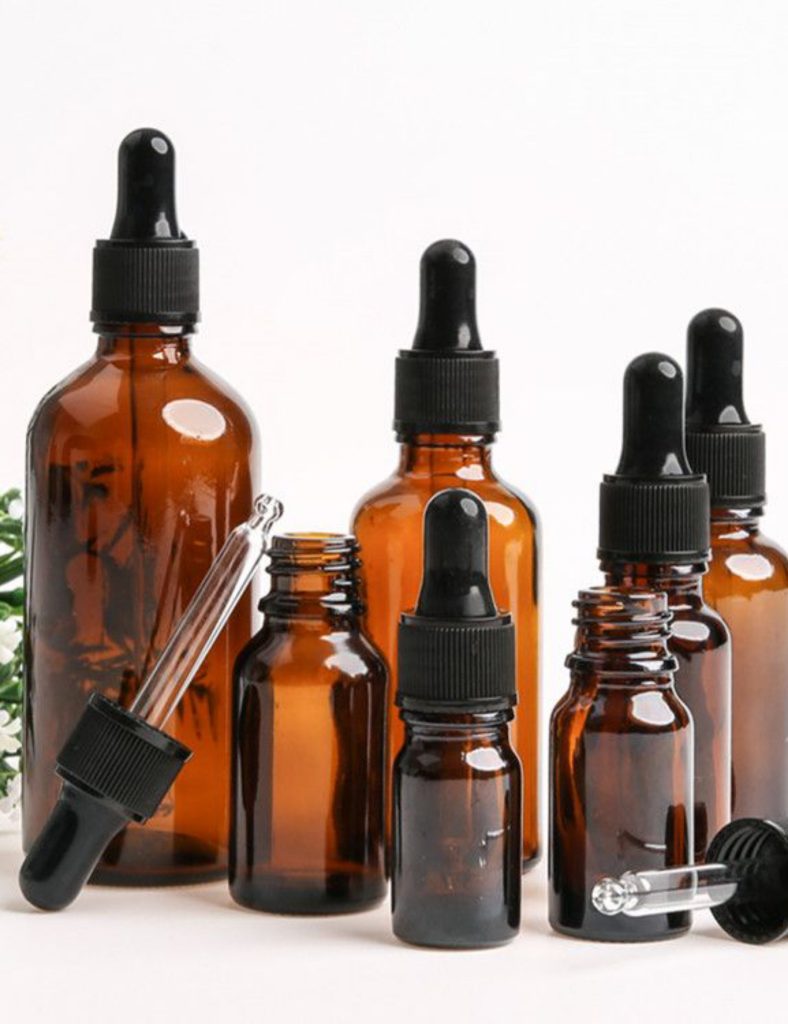
Pure essential oils are highly concentrated. If they are kept in a plastic bottle for too long, they can dissolve them, tainting the oil in them. Most companies package essential oils in small brown or blue glass bottles to protect the quality.
(4) AVOID “FRAGRANCE OILS”
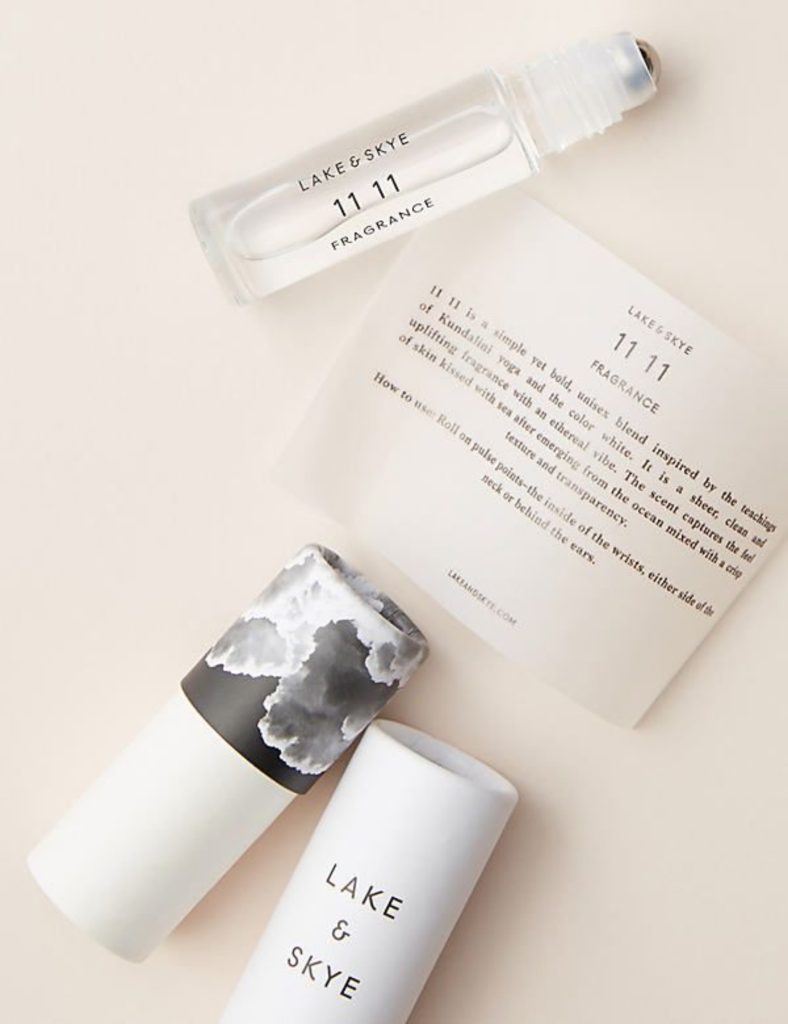
Fragrance or perfume oils are made from chemicals entirely or essential oils mixed with chemicals. These kinds of products are not suitable for aromatherapy. Instead, go for products made up of essential oil in its purest form (100% essential oil with no other fillers).
(5) COMPARE PRICES
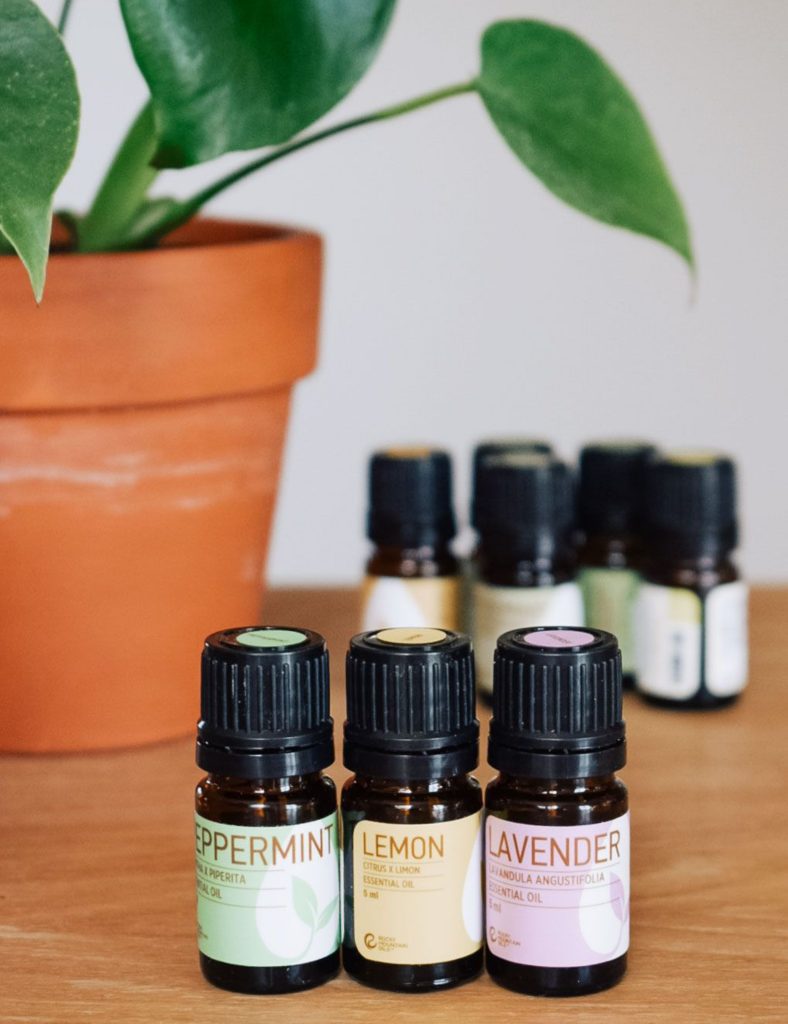
Essential oils range in price, depending on how deep their harvesting and production are. The prices of essential oils should be different to some extent. If you find a rock-bottom price for an expensive oil, there is a probability that the oil isn’t pure. Rose absolute or sandalwood oils will be more costly than sweet orange oil.

Dorcas Akintoye is a versatile writer with a passion for beauty, fashion, relationships, and culinary delight. With a keen eye for detail and a passion for storytelling, she adds a touch of elegance to every topic she explores. She is a writer at THEWILL DOWNTOWN.




